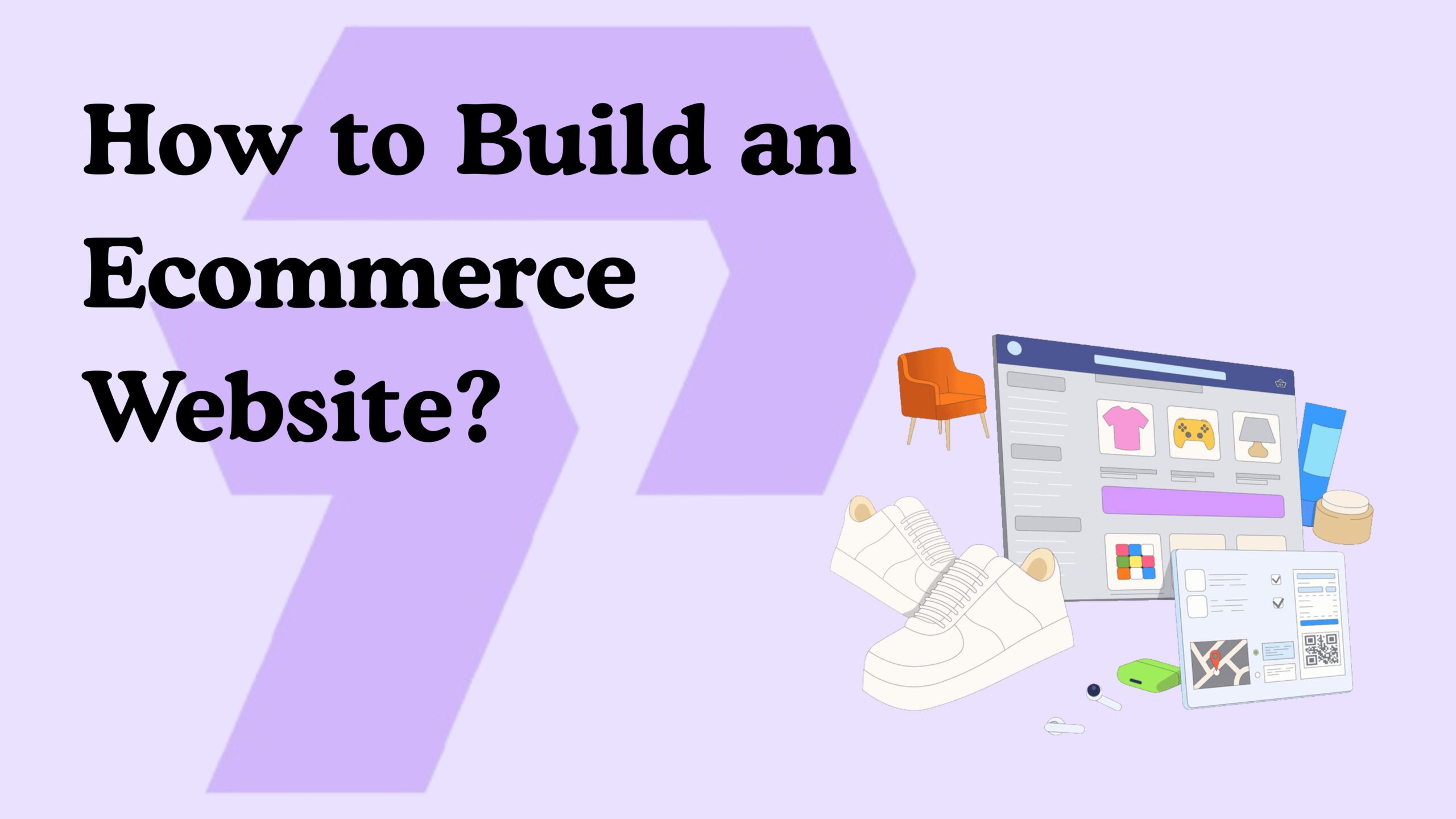Building an ecommerce website in 2025 starts with choosing the right platform, designing a user-friendly store, and optimizing it for speed and SEO. With the right tools and strategy, anyone can launch a professional online store and start selling quickly.
Benefits of Building an Ecommerce Website in 2025
Creating an e-commerce website in 2025 offers several advantages that go beyond just online presence:
- 24/7 Availability – Customers can shop anytime, increasing sales opportunities.
- Wider Reach – Sell to national or even global audiences without physical limits.
- Lower Costs – Compared to physical stores, online operations save rent and staffing expenses.
- Scalability – Easily add more products, features, or integrations as your business grows.
- Data Insights – Track customer behavior and sales trends to improve decision-making.
- Brand Credibility – A professional website builds trust and positions your brand as reliable.
What Do You Need Before Building an Ecommerce Website?
Before building an ecommerce website, you need a clear plan for your niche, products, and budget. These basics guide the entire development process.
- Define Your Niche & Audience – Choose what you’ll sell and who your ideal customers are.
- Plan Your Product Catalog – Decide product categories, descriptions, and pricing.
- Set a Budget & Goals – Outline costs for design, hosting, marketing, and sales targets.
Which Platform Is Best for Ecommerce Website Development in 2025?
The best platform depends on your budget, skills, and business size. Some platforms are beginner-friendly, while others offer more advanced features.
- Shopify – Easy to use, quick setup, and great for beginners.
- WooCommerce – Flexible, affordable, and works with WordPress.
- Magento – Scalable option for large ecommerce businesses.
- Custom Development – Best for unique features and complete control.
How to Design a User-Friendly Ecommerce Website?
A user-friendly ecommerce website starts with a clean, mobile-first design. Since most buyers shop on their phones, a responsive layout ensures smooth browsing on any device.
Simple navigation also matters. Shoppers should quickly find products through clear menus, search bars, and filters. This reduces frustration and keeps them engaged.
Finally, product pages must highlight images, descriptions, and calls-to-action clearly. When visitors understand your offer at a glance, they are more likely to buy.

What Features Are Must-Have in a 2025 Ecommerce Store?
The success of an ecommerce website depends on features that make shopping fast, secure, and engaging. In 2025, these are must-haves:
- Fast Checkout – Reduce steps so customers can complete purchases quickly.
- Multiple Payment Options – Support credit cards, wallets, and local payment methods.
- AI-Powered Search & Recommendations – Help shoppers find products faster and discover new ones.
- Mobile Optimization – Ensure smooth browsing and checkout on all devices.
- Security Features – SSL certificates and data protection to build customer trust.
How to Optimize an Ecommerce Website for SEO & Performance?
SEO is the backbone of ecommerce sales and website growth. Use keyword-rich titles, meta descriptions, and structured data so search engines can easily rank your products. Regularly update product descriptions and create blogs to drive organic traffic.
Performance matters just as much. A fast-loading website with compressed images, clean code, and reliable hosting reduces bounce rates. In 2025, even small delays can cost sales, so speed and user experience should be top priorities.
How to Market Your New Ecommerce Website?
Marketing is what brings your store in front of customers. In 2025, these strategies work best:
- Social Media Marketing – Platforms like Instagram and TikTok help showcase products and reach a wider audience quickly.
- Paid Ads – Google and Meta ads bring instant traffic when targeted properly.
- Email Campaigns – Personalized emails re-engage customers and increase repeat sales.
- Influencer Partnerships – Collaborations build trust and drive traffic from loyal audiences.

Common Mistakes to Avoid in Ecommerce Website Development
Many ecommerce websites fail because of avoidable mistakes. Here are the most common ones:
- Complicated Checkout – Long forms make users quit; keep it simple.
- Poor Mobile Design – Ignoring mobile shoppers reduces sales significantly.
- Weak Security – No SSL or data protection breaks customer trust.
- Slow Website Speed – Delays cause high bounce rates and lost sales.
- Ignoring SEO – Without proper optimization, products remain invisible online.
How Much Time Does It Take to Build an Ecommerce Website in 2025?
The time to build an ecommerce website in 2025 depends on the method you choose. Using platforms like Shopify or WooCommerce, you can launch a store in a few days. A custom-built ecommerce website, however, may take weeks or even months depending on design and features.
Final Wording
Building an ecommerce website in 2025 is easier than ever with the right planning, platform, and marketing. Focus on user experience, SEO, and speed to attract more customers and boost sales. With consistent effort, your store can grow into a long-term success.
People Also Ask
Q1: How much does it cost to build an ecommerce website in 2025?
The cost can range from $200–$500 for basic platforms like Shopify or WooCommerce, while custom-built ecommerce websites may cost thousands depending on features.
Q2: Can I build an ecommerce website without coding skills?
Yes, website builders like Shopify, Wix, and WooCommerce allow you to build an ecommerce store without any coding knowledge.
Q3: Which is the fastest platform to launch an ecommerce store?
Shopify is often the fastest, as it provides ready-to-use templates, built-in hosting, and payment integration for quick setup.
Q4: How long does it take to make an ecommerce website live?
Using DIY platforms, you can launch in a few days. A fully custom ecommerce site, however, can take weeks or months to go live.
Q5: Do I need SEO from the first day of launching my store?
Yes, starting SEO from day one helps your website rank faster, attract organic traffic, and improve visibility in search results.
Q6: What security features should an ecommerce website have in 2025?
SSL certificates, secure payment gateways, and data encryption are essential for protecting customer information and building trust.
Q7: Is Shopify better than WooCommerce for beginners?
Shopify is easier for beginners since it’s fully hosted, while WooCommerce offers more flexibility for those comfortable with WordPress.
Q8: Can social media help drive traffic to a new ecommerce website?
Yes, social media platforms like Instagram and TikTok can generate quick traffic through paid ads, influencer marketing, and viral content.
Q9: How important is mobile optimization for ecommerce success?
Mobile optimization is crucial because most shoppers buy from their phones. A mobile-friendly store ensures better user experience and higher conversions.
Q10: Should I hire a developer or use a website builder for my store?
If you need a quick launch, website builders are enough. For unique features or custom designs, hiring a developer is the better option.
